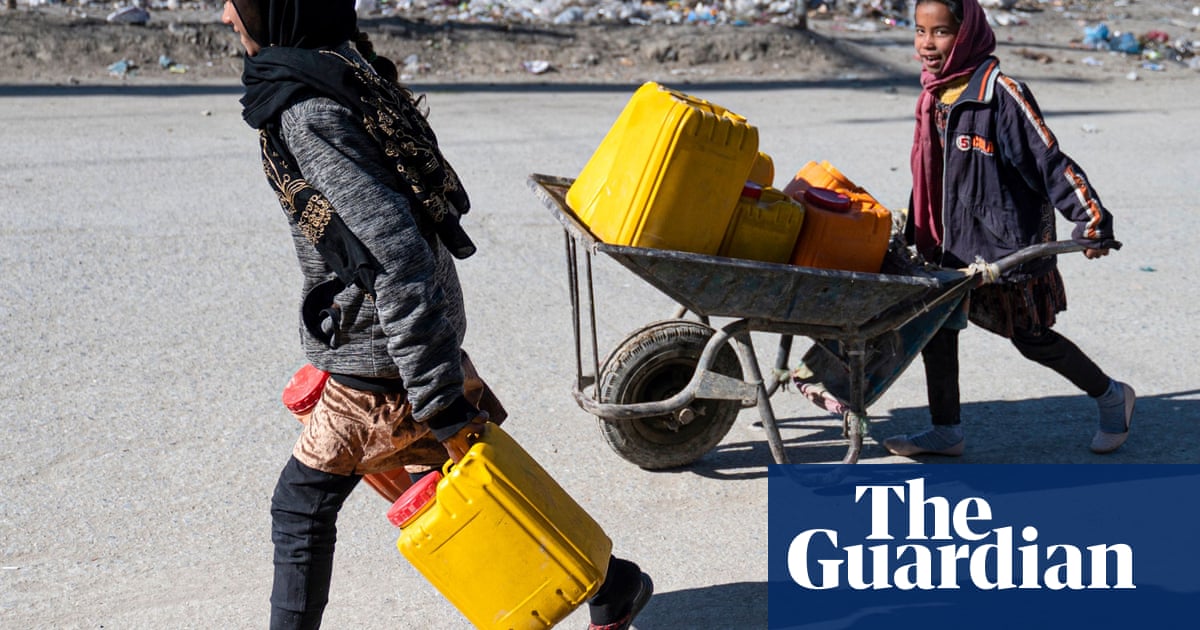Negative
24Serious
Neutral
Optimistic
Positive
- Total News Sources
- 1
- Left
- 1
- Center
- 0
- Right
- 0
- Unrated
- 0
- Last Updated
- 32 days ago
- Bias Distribution
- 100% Left


Kabul Faces Severe Water Shortage, Aquifers Near Dry By 2030
Kabul faces a severe water crisis that could see the city run completely dry by 2030, threatening the lives of its seven million residents, according to multiple reports from Mercy Corps and other sources. Over the past decade, groundwater levels have dropped by up to 30 meters due to rapid urbanization, climate change, and unsustainable water extraction, with more than half of the city's primary drinking water wells now dry. Around 80% of Kabul's groundwater is contaminated by sewage, salinity, and arsenic, making safe drinking water inaccessible for many, forcing households to spend significant portions of their income on water or even fall into debt. The crisis is exacerbated by weak governance, inadequate infrastructure, and the privatization of water sources, which has led to inflated prices and limited access for vulnerable populations. Experts emphasize the need for long-term investment and political will, highlighting projects like the Panjshir River water pipeline that could supply water to millions, but these depend on securing sufficient funding amidst political challenges. Without urgent international and domestic intervention, Kabul risks becoming the first modern city to fully deplete its water reserves, potentially triggering large-scale displacement and increased hardship for its people.

- Total News Sources
- 1
- Left
- 1
- Center
- 0
- Right
- 0
- Unrated
- 0
- Last Updated
- 32 days ago
- Bias Distribution
- 100% Left
Negative
24Serious
Neutral
Optimistic
Positive
Stay in the know
Get the latest news, exclusive insights, and curated content delivered straight to your inbox.

Gift Subscriptions
The perfect gift for understanding
news from all angles.
